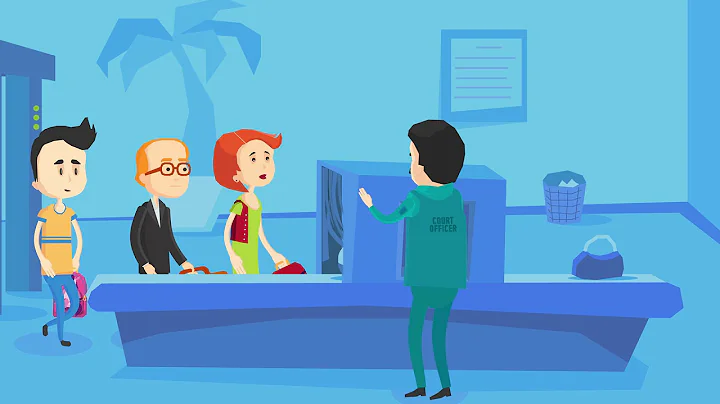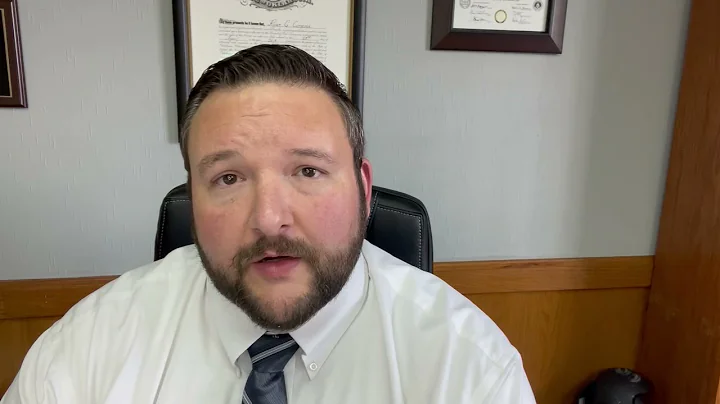Various dynasties in Chinese history established different institutions to assist the emperor in managing the country. The best ones are undoubtedly the Three Provinces and Six Ministries of the and Ming Dynasty periods. Just look at the record of not going to court for thirty years created by Wanli , and you will know that national institutions can also operate normally.
Let me briefly talk about the six departments: the Criminal Department, Dali Temple and the Supervisory Office. When watching TV dramas, novels, and operas, plots of "three trials" will always appear, and you will have a sense of unknown severity. I just don’t know what they do, but they give people a very majestic and powerful feeling. That is, when there are major cases, the Ministry of Punishment, Dali Temple, and the Supervisory Office will hear them together, which is referred to as the three-hall joint trial.
To give a brief overview, in the judicial field, the Ministry of Justice is mainly responsible for actually handling and trying cases, the Metropolitan Procuratorate is mainly responsible for supervising those who judge cases. Dali Temple is mainly responsible for reviewing whether the judgment is correct or not.
The Ministry of Punishment is in charge of the country's penal decrees, handles national criminal cases, and is in charge of punishment and prison decrees. It feels a bit like the Ministry of Public Security.
Dali Temple is responsible for investigating cases and arresting people. Dali Temple is roughly equivalent to the current Procuratorate. The main function is to review cases, ensure judicial fairness, and prevent unjust, false and wrongful convictions. Dali Temple is the last step in the case. Only cases that have been reviewed and approved by Dali Temple can be sent to prison by the Ministry of Punishment and the Metropolitan Procuratorate. If Dali Temple thinks there is a problem with the case, it can protest , and the final decision will usually be made to the Holy Judgment.
The Metropolitan Procuratorate is mainly equivalent to the current supervisory authority , responsible for inspecting hundreds of officials. The person who works here is the Yushi Yanguan.
In the Ming Dynasty, Yanguan were quite active. If they did not scold hundreds of officials or the emperor, these Yanguan would feel that they had lost the opportunity to become famous in the world. As the emperor's eyes and ears, he could report to the emperor any official he felt was doing something wrong. In the judicial field, it mainly oversees the trial of cases. Of course, they also have the right to picket, and they can decide on their own regarding minor punishments for minor officials.
It is worth mentioning that everyone must not underestimate the Inspectorate. The Metropolitan Procuratorate has 13 supervisory censors, a total of 110 people, responsible for supervision and rectification work across the country. The official rank of the supervisory censor is only the seventh grade. Although in the capital, few people would take a serious look at a small supervisory censor when he walked in the capital, but their duty was to go on patrols on behalf of the emperor, and they had the privilege of "reporting on major matters and making decisions on minor matters." After leaving the capital, they were the imperial envoys holding Shang Fang's sword , and they were the central inspection team. Except for the top local leaders, any local official who is not pleasing to the eye can be killed first and then punished later. You say it's great or not. If an official is found to be misbehaving during local inspections, the censor has the right to impeach the official directly to the emperor, regardless of his rank. On the contrary, if the censor finds that an official is working diligently but is not taken seriously, he can also make a special recommendation to the court, so that the official is unexpectedly promoted or rewarded.
Don’t be confused this time!






















